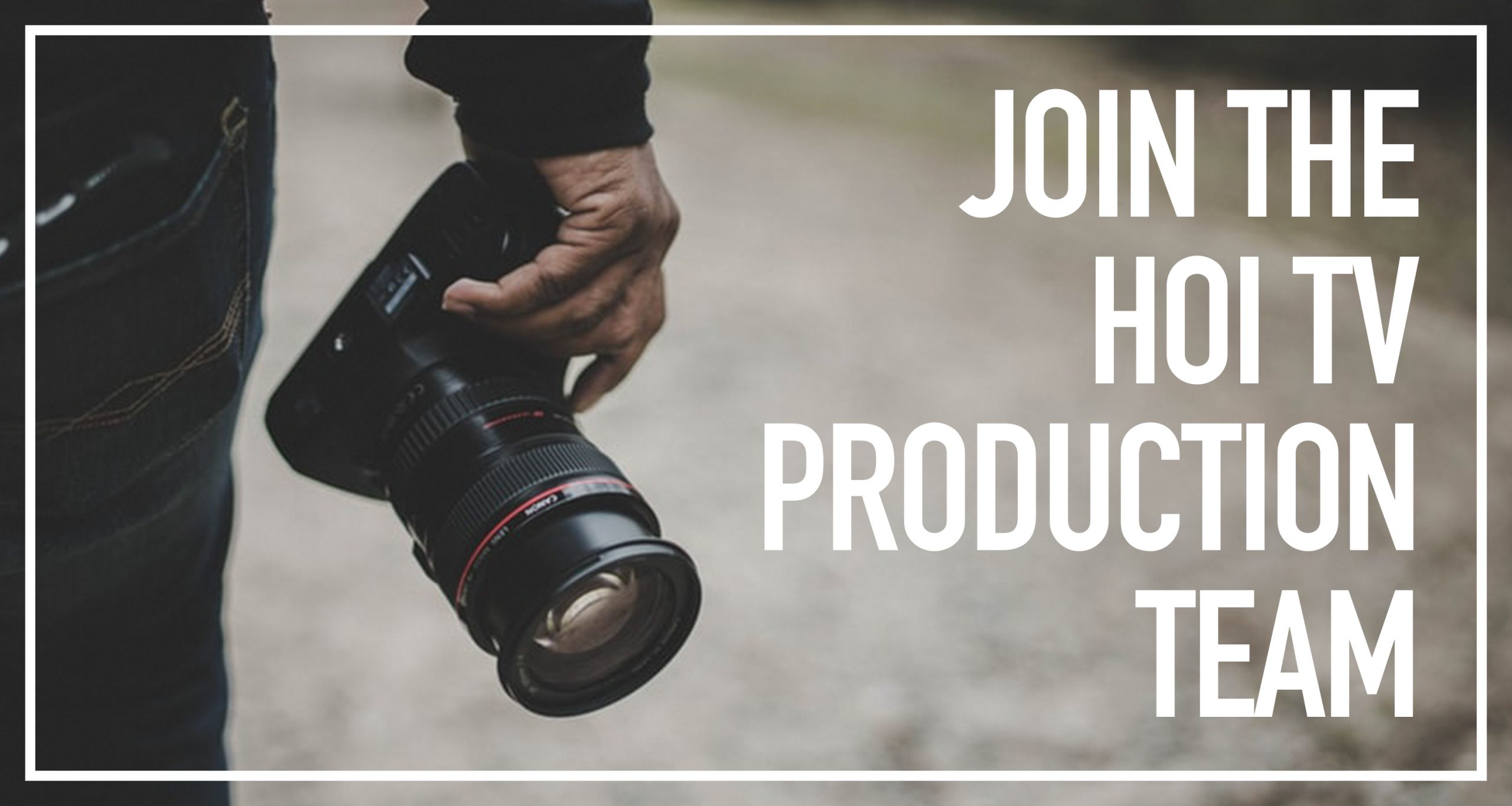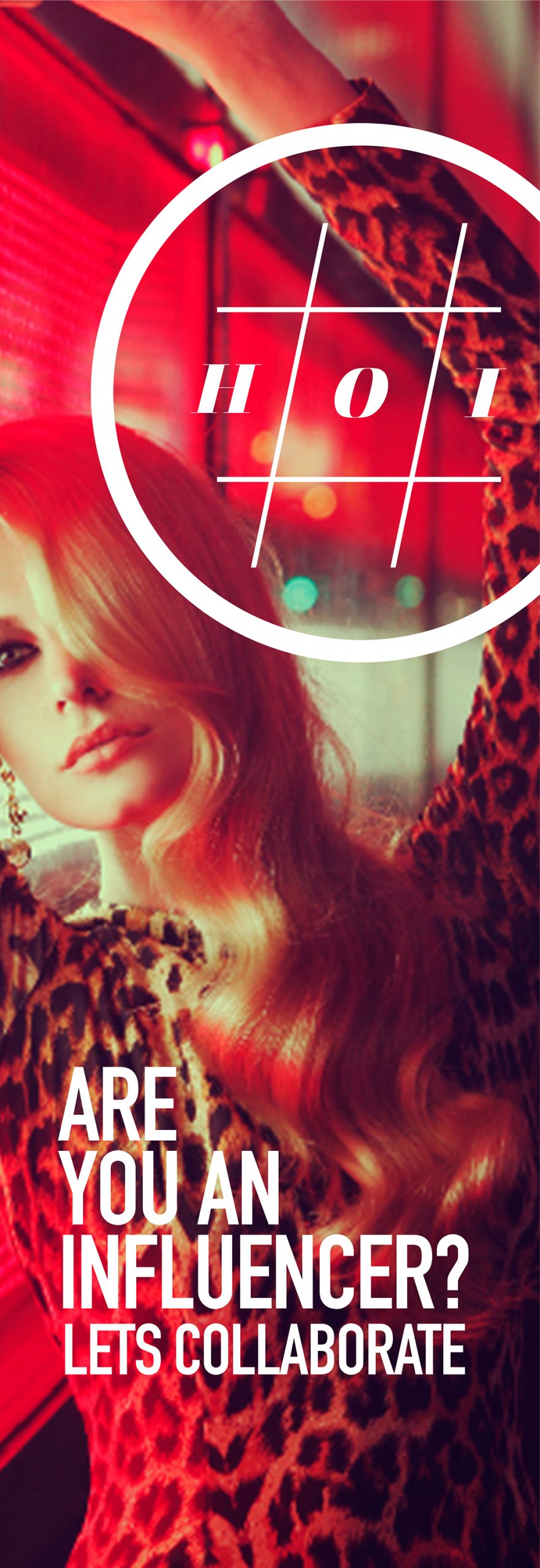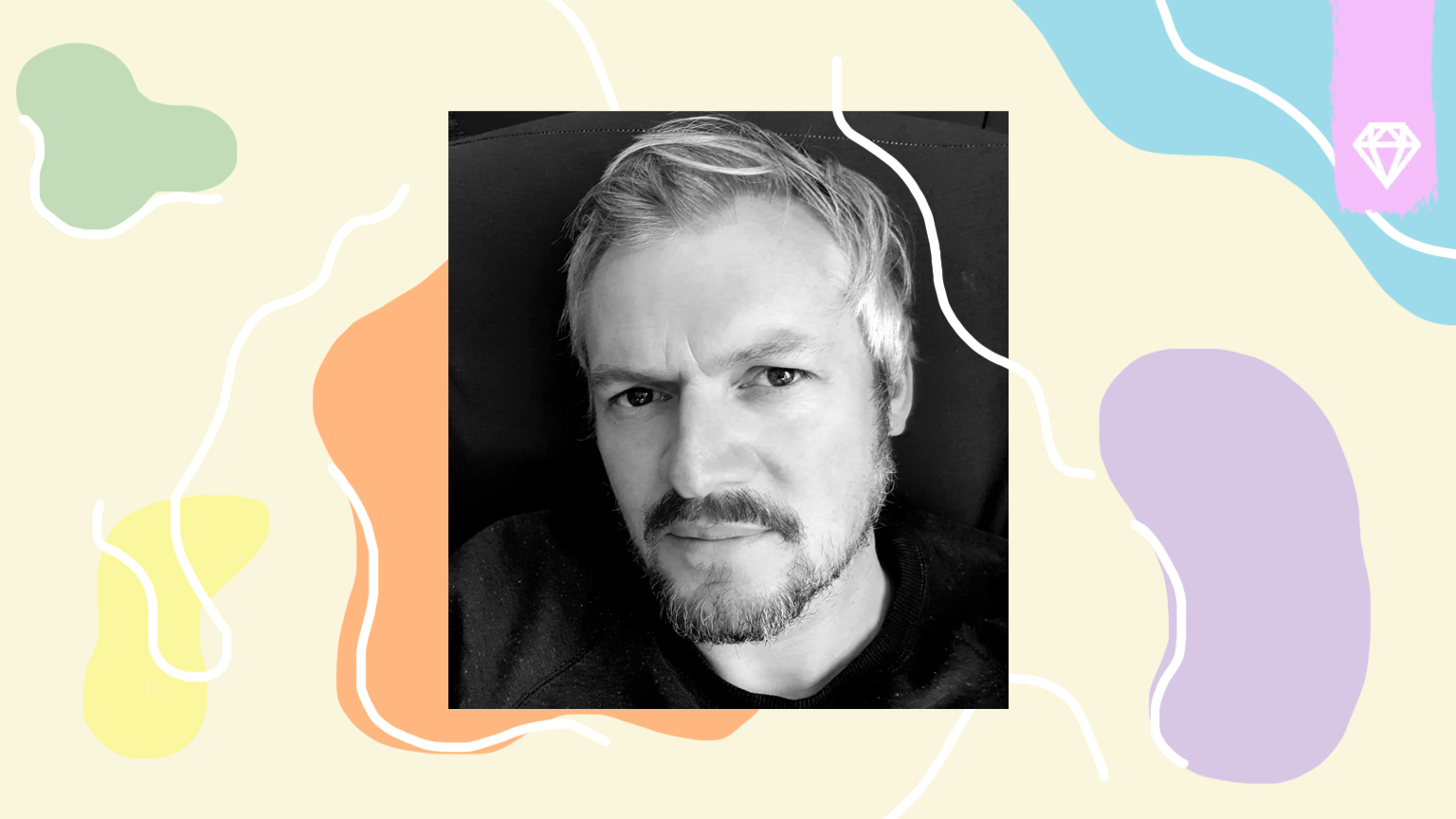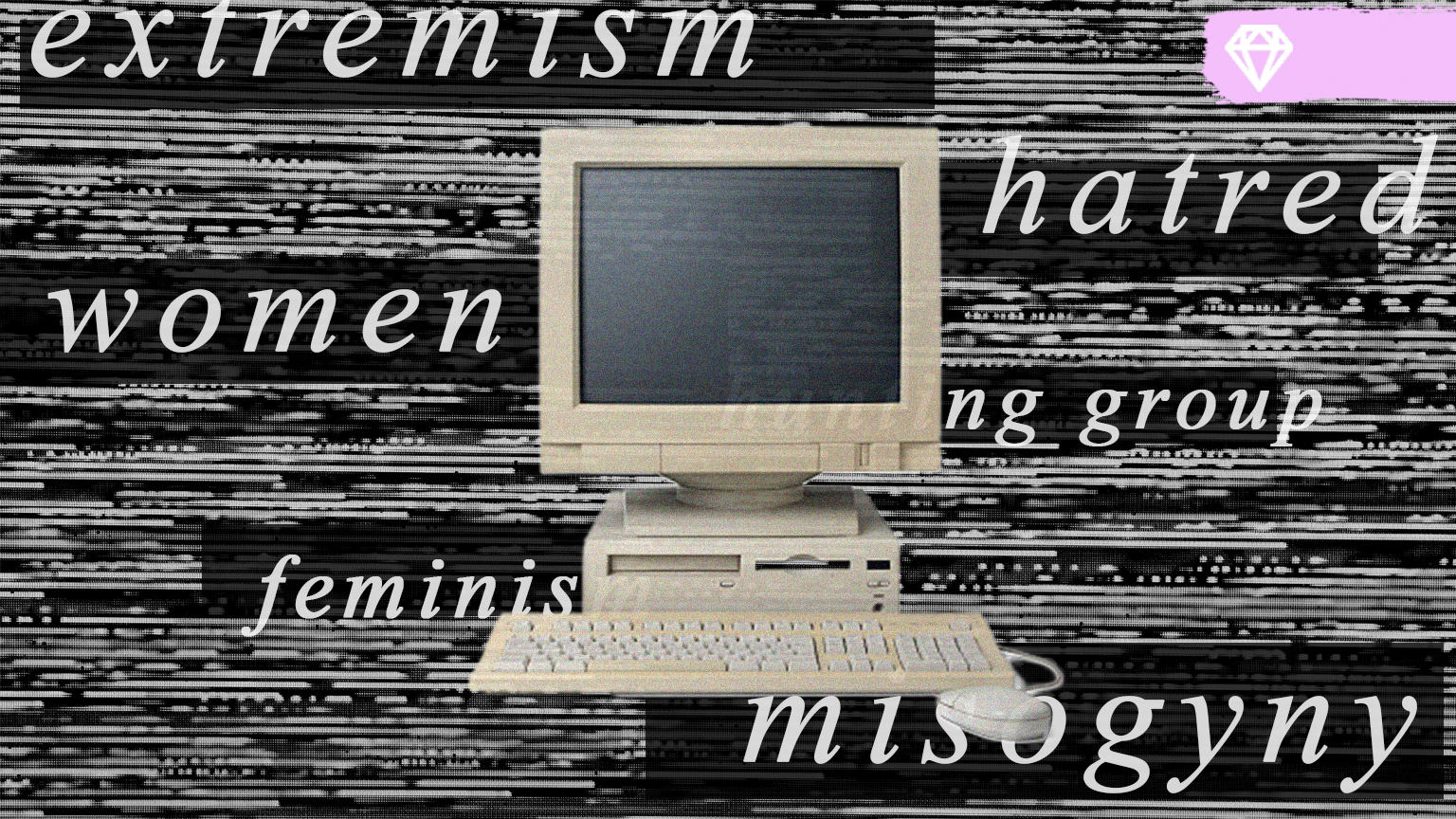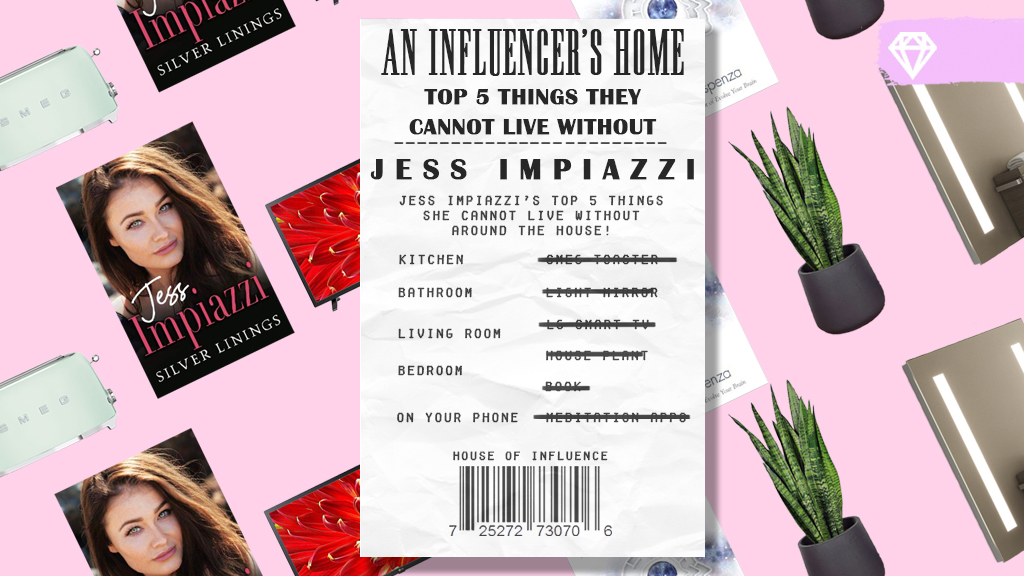We frequently think that trust is a gift we bestow on others or something that they have to earn from us. When my life fell in and I had to rebuild it brick by brick, however, I learnt something different about trust. I began to realise that rather than trusting others, what I needed to do was to trust myself. In all the bad decisions, toxic relationships and general melee of life, I had lost all trust in myself and, I now saw, it was causing me not to be able to place trust in others.
It was at this point that I became certain that something needed to change. I didn’t want to go through life with the mantra ‘trust no-one’, as so many sadly do. Not least because I didn’t actually believe that to be true. I think there are good people - far more of them than the media would have us believe - that can be trusted. Indeed, I have many of those people in my life these days. Yet, in my most intimate relationships and in my professional life there had certainly been a collection of people who had caused my trust in them to be broken and, through tolerating them for too long, had meant my trust in myself had severely eroded.
The result? I kept seeking the counsel of others rather than having faith in my own judgement - especially about other people. I kept looking for ways that others might break my trust, which meant that I was perpetuating the behaviour of ‘treat someone like a liar, a thief and a cheat and they become one’.
There were two ways in which my relationship with trust had to change:
- I had to accept that trusting myself was the foundation. That if I trusted my own ability to cope with whatever life threw at me, which I call ‘positivity’ - that is, the capability to handle the bad days as well as the good - then whether someone maintained or broke my trust, I would be OK.
- I had to make sure I was trustworthy. To trust me, I had to live in a way that meant I could trust myself. I had to make sound decisions, cease to repeat the patterns of the past because I was responsible for those, and behave in line with the person that I wanted to be and how I wanted others to experience me.
Let’s look at what you can do. How can you reconnect and remind yourself of who you actually are?
That’s not to say that was going to be easy! Some of my mindsets about myself and the attitudes that resulted from them had been built decades prior and deeply embedded over the intervening years.
So what can you do if you need to learn to trust again?
One mantra I do like is: ‘your survival success rate in life so far has been 100%’ - how true is that?! It’s why the way we (re)build trust in ourselves is to examine all the ways in which we have achieved that ‘success’. The way to do this is to conduct an audit of our lives. This is done in two ways.
First, conduct a ‘Skills Audit’. This helps to remind you of all the things you have learnt or trained in during your life - whether it has been to do with work, hobbies or your home-life. Detail them under the following headings:
- Training provider (if known)
- Course or workshop title
- Summary content
- Key learning points.
Secondly, do an ‘Experience Audit’. That is, to look at key moments in your life where you have gained life-skills and developed your capability to handle situations. These moments can be big, e.g. getting married or a job promotion, or small, e.g. helping friends to resolve a disagreement or taking the train alone for the first time. For each one, write down:
- What was the situation?
- How did it develop you?
- Summarise the skills and competencies gained.
Once you have your skills and experience audits completed, take some time to review and absorb them. You’ll no doubt remind yourself of situations you’d overlooked or undervalued, and of just how much capability you have to handle whatever life might throw at you in the future.
The circumstances and context may change, but we already have all the necessary tools to deal with whatever life throws at us. Trust me.

